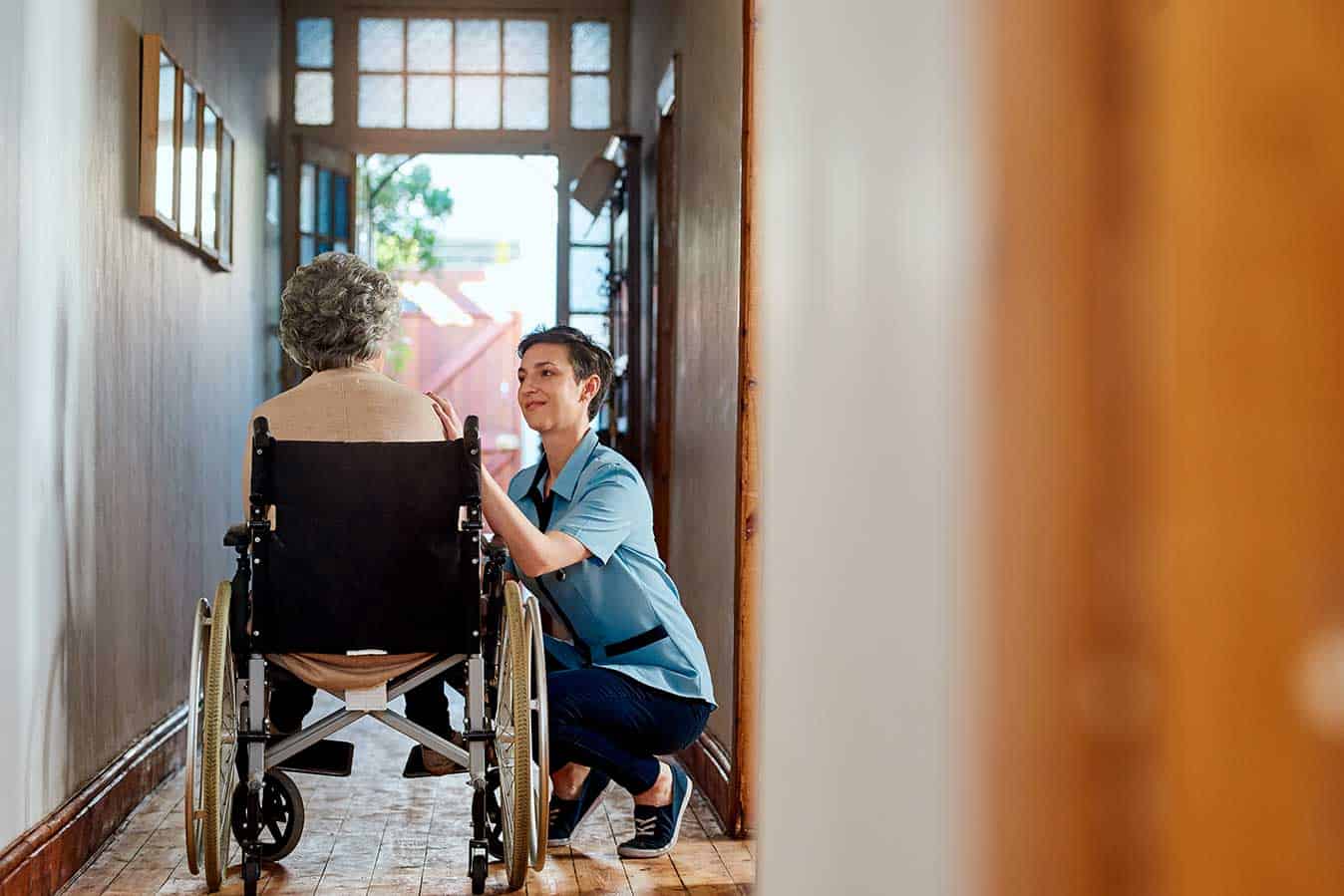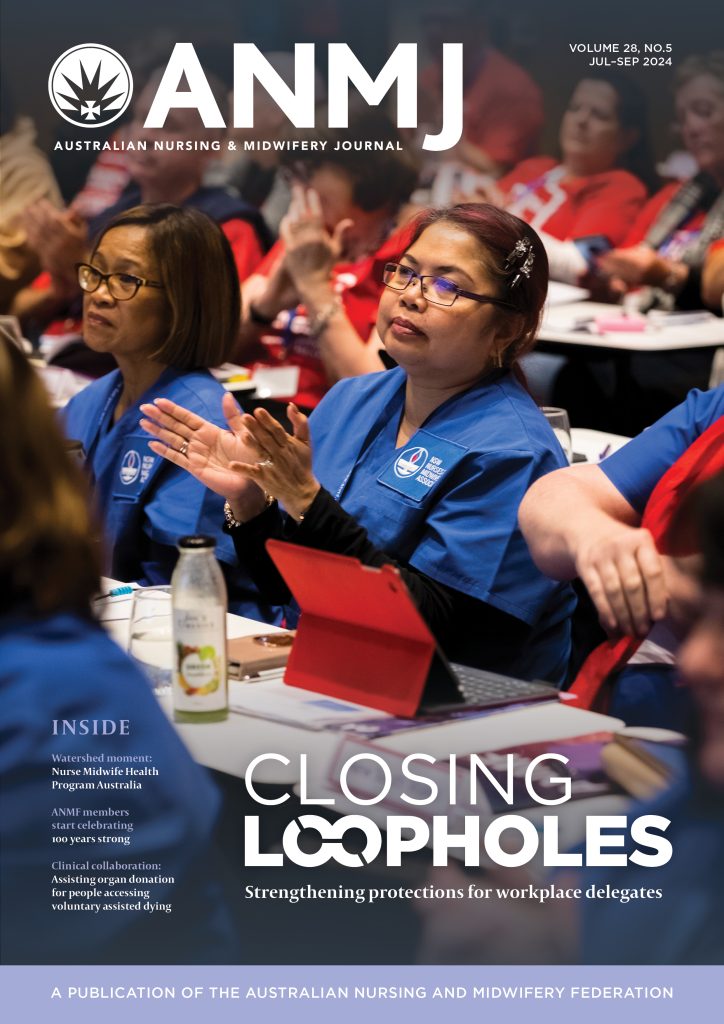A $537 million aged care funding package announced this week by the Federal government as its immediate response to the Aged Care Royal Commission’s damning interim report fails to address the root causes of the crisis facing the sector and sidesteps meaningful action, according to the Australian Nursing and Midwifery Federation (ANMF).
“The announcement is little more than a politically expedient attempt to try and convince Australians that the government is doing something about aged care,” ANMF Federal Secretary Annie Butler said.
“In fact, it is simply more of the same – throwing taxpayers’ money in a number of directions in the hope that the problems will disappear.”
After months of hearings across the country, the Aged Care Royal Commission published its interim report in October, titled Neglect, which revealed the aged care system was failing to meet the needs of older Australians and does not provide uniformly safe and quality care.
Describing the aged care system as “a shocking tale of neglect”, the report outlined three priority areas for immediate action – increased funding for home care packages to reduce the waiting list for higher level care at home, reducing the over-reliance on chemical restraint in aged care, and stopping the flow of younger people with a disability entering aged care.
Speaking in Canberra yesterday, Prime Minister Scott Morrison unveiled the government’s immediate response to the report, outlining a $537 million cash injection for the sector to be spent across three priority areas.
Almost $500 million of the funding will go towards an extra 10,000 home care packages, with the remainder allocated to improving medication management programs to reduce the use of chemical restraint in aged care ($25.5 million), additional dementia training and support for aged care workers and providers ($10 million) and meeting targets to remove younger people with disabilities from residential aged care ($5 million).
Mr Morrison said he understood how Australians were feeling about the problems facing aged care and pledged to make fixing the crisis a priority.
“I know quite precisely the sorts of things that you are thinking about when it comes to the treatment of your loved ones in aged care,” he said.
“My family is no different to yours in that respect and so I have a very deep understanding of the difficult decisions that you’re having to make, the conversations that you’re having to have with the partners, husbands, [and] wives of those loved one going into care.
“This is hard and you just want to be assured that they’re going to get the care. I want that as much for your family as I want it for mine and I want the response of our government to have that same level of deep care and responsibility.”
Ms Butler said the Royal Commission’s interim report had laid bare the extent of the problems in aged care and the work required to improve the sector.
While reform will require additional funding, underpinned by informed policy guidance and accountability measures, Ms Butler labelled the government’s announcement disappointing and said it did little to address the real causes of the sector’s shortcomings.
“The government’s announcement promises pockets of money for three areas identified as requiring immediate action by the Interim Report but does not provide any clear policy guidance on how taxpayers can be assured that their money will actually be directed to delivering improved care for older Australians requiring support and those living in residential aged care,” Ms Butler said.
“The statement does not explain how the government will guarantee that 10,000 additional Australians will receive a home care package to suit their assessed needs in a timely fashion rather than going into increased administration fees for providers or into the increasing pool of unspent funds.”
Mr Butler said other funding measures also lacked assurances.
“The statement does not explain how an additional $10 million to increase dementia training and support for aged care workers and health sector staff will guarantee that there will be enough appropriately qualified staff available in residential aged care facilities to ensure the effective implementation of non-pharmacological strategies and interventions for caring for older people with dementia,” she added.
“The statement does not explain how an additional $4.7 million will be directed to building additional accommodation suitable for younger people currently living in residential aged care but instead suggests establishing a taskforce and, astonishingly, undertaking a ‘detailed analysis’ of younger people living in aged care. The government, despite having called a Royal Commission, which has just provided the analysis on the need to transfer younger people out of residential aged care, is calling for another report.”
Ms Butler said the government’s attempt at action has failed dismally and that Australians deserve better.
“Surely the Royal Commission’s Interim Report has made abundantly clear Australians’ right to expect safe, quality care for older Australians and the Government’s responsibility to provide it using their tax dollars to ensure the best outcome.”









